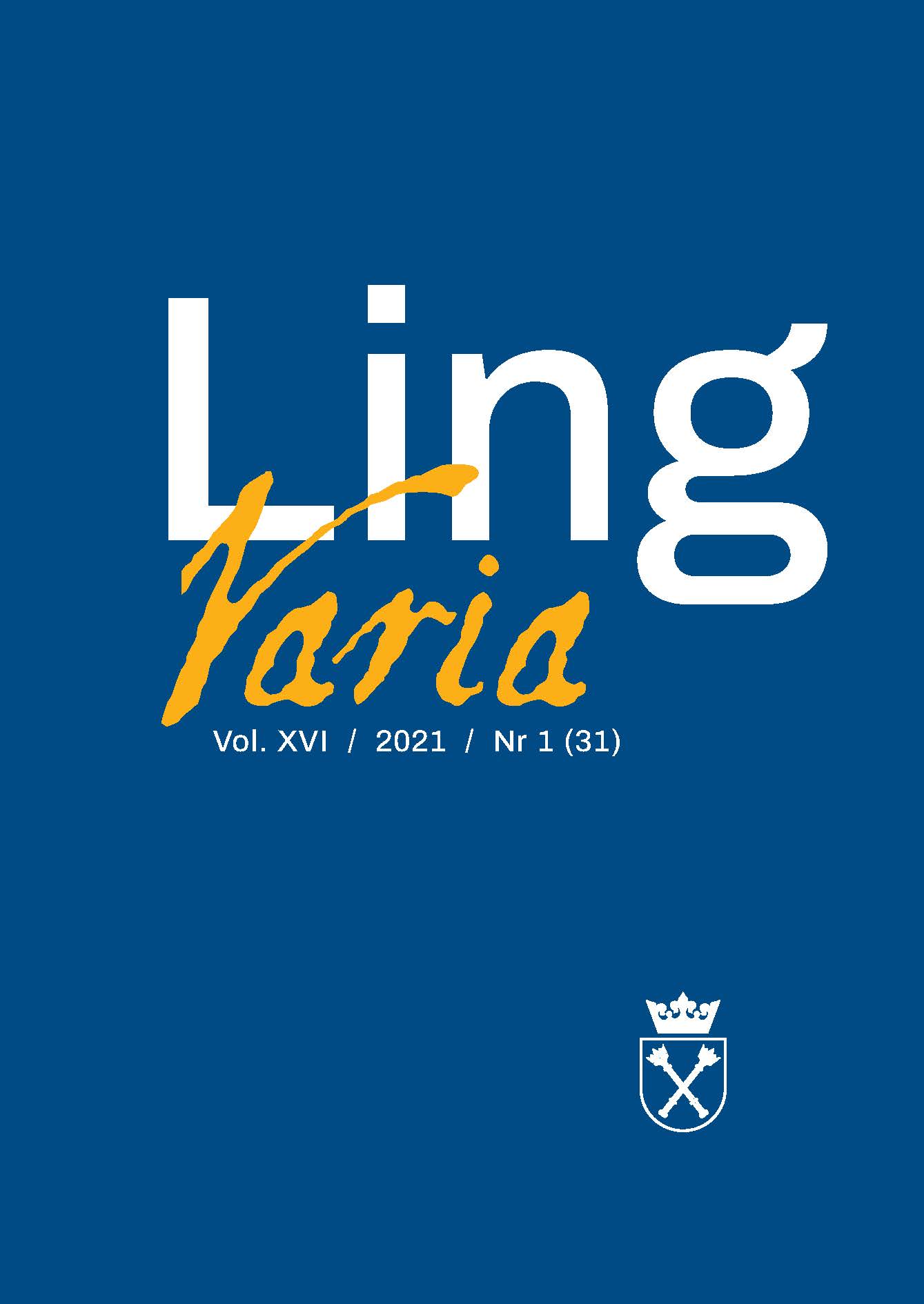Językowe wykładniki intencji prawodawcy w Kodeksie Działyńskich
Linguistic Exponents of the Legislator’s Intention in the Działyński Code
Author(s): Romana ŁapaSubject(s): Language and Literature Studies, Theoretical Linguistics, Syntax
Published by: KSIĘGARNIA AKADEMICKA Sp. z o.o.
Keywords: legal language;the Middle Ages;syntax;communicative intention;
Summary/Abstract: The article presents syntactic methods of expressing the legislator’s intentions in the medieval legal document called Kodeks Działyńskich (the Działyński code). The intention is understood by the authors as ‘the goal towards which the action of the legislator is directed’. This type of element of a legislative text does not appear in modern legal texts, apart from the Code of Canon Law. However, in the oldest texts, the purpose of which was to change a functioning custom into binding law, the justification for introducing certain regulations was very important. We also pay attention to the information about the legislator, which is included in the text. The information is expressed by pluralis maiestaticus forms of performative verbs. Three types of syntactic structures serve to express the intention of the legislator: subordinate clauses introduced by the conjunction: aby, participial sentence equivalents based on the verb chcieć, and prepositional phrases with prepositions: na, ku and dla. These structures usually occur in preposition to the superior predicate. The fragments excerpted from the text are characterized by a considerable degree of cohesiveness, not only in terms of meaning but also in structure. A sentence or a participal construction in the semantic relation of the goal functions in a broader context, therefore it becomes necessary to introduce reference indicators and anaphorical elements such as repetitions, pronouns and pronominalization.
Journal: LingVaria
- Issue Year: 16/2021
- Issue No: 31
- Page Range: 99-110
- Page Count: 12
- Language: Polish

